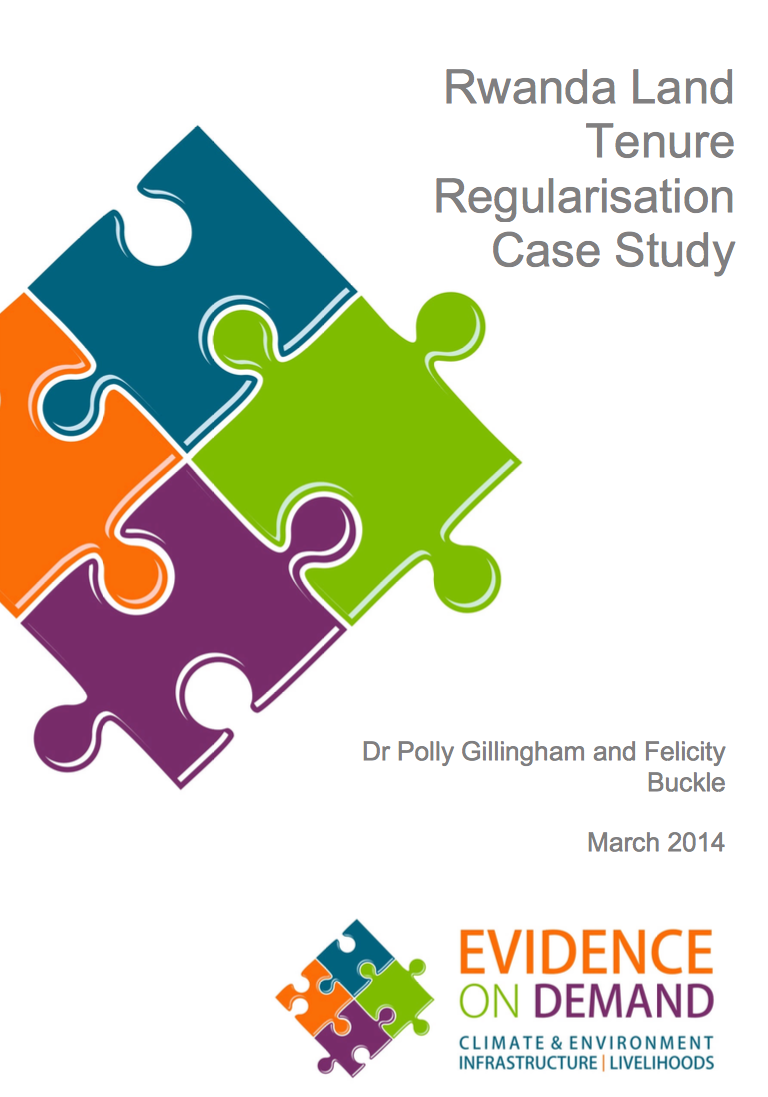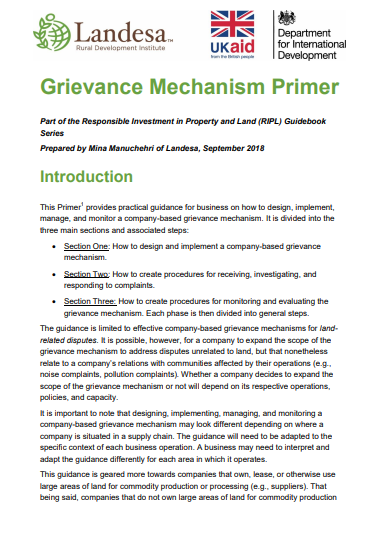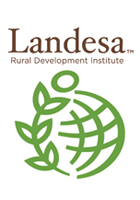Credit Constraints, Agricultural Productivity, and Rural Nonfarm Participation : Evidence from Rwanda
Although the potentially negative
impacts of credit constraints on economic development have
long been discussed conceptually, empirical evidence for
Africa remains limited. This study uses a direct elicitation
approach for a national sample of Rwandan rural households
to assess empirically the extent and nature of credit
rationing in the semi-formal sector and its impact using an
endogenous sample separation between credit-constrained and





